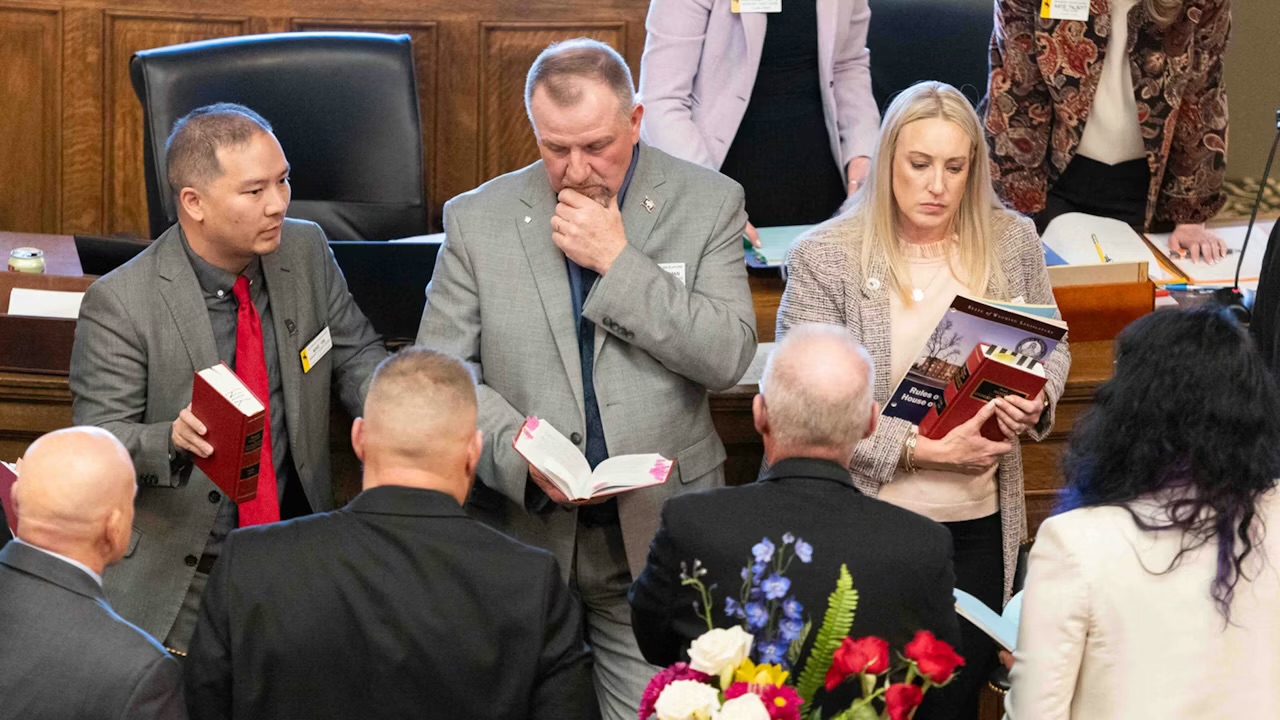Daily Weed Habit Tied to Huge Spike in Schizophrenia Risk, Study Warns

If you’re one of the roughly 18 million Americans lighting up or vaping cannabis every single day, a new study says you might be playing a dangerous game with your mental health.
Researchers in the Canadian Medical Association Journal found that people hospitalized for cannabis-related problems were 14 times more likely to develop schizophrenia within three years. For those who ended up in the hospital with cannabis-induced psychosis — hallucinations, paranoia, scrambled thinking — the risk jumped to a jaw-dropping 241 times higher.
Why? Today’s weed is way stronger than the stuff from 20 years ago. Back in the early 2000s, THC levels hovered around 4%. Now it’s more like 20%, with some concentrates pushing 90%.
“Cannabis from the 2000s is not the same as in 2025,” said Dr. Nicholas Fabiano from the University of Ottawa.
Schizophrenia itself isn’t fatal, but it comes with a high suicide risk and lifelong treatment. And the danger is worse for younger users, men, and people already dealing with depression or anxiety. The study also notes that once you’ve had a psychotic episode, sticking with cannabis dramatically ups your odds of a repeat — and of progressing to a permanent disorder.
Despite legalization in 24 states, cannabis remains a Schedule I drug federally. There’s been talk of moving it to Schedule III to allow for potency regulations, but that’s currently stalled in Washington.
Bottom line? Today’s ultra-potent weed isn’t the mellow high of decades past. For a small but significant number of users, it’s a straight shot to a psychiatric ward.
With input from the Daily Mail and National Geographic.









The latest news in your social feeds
Subscribe to our social media platforms to stay tuned